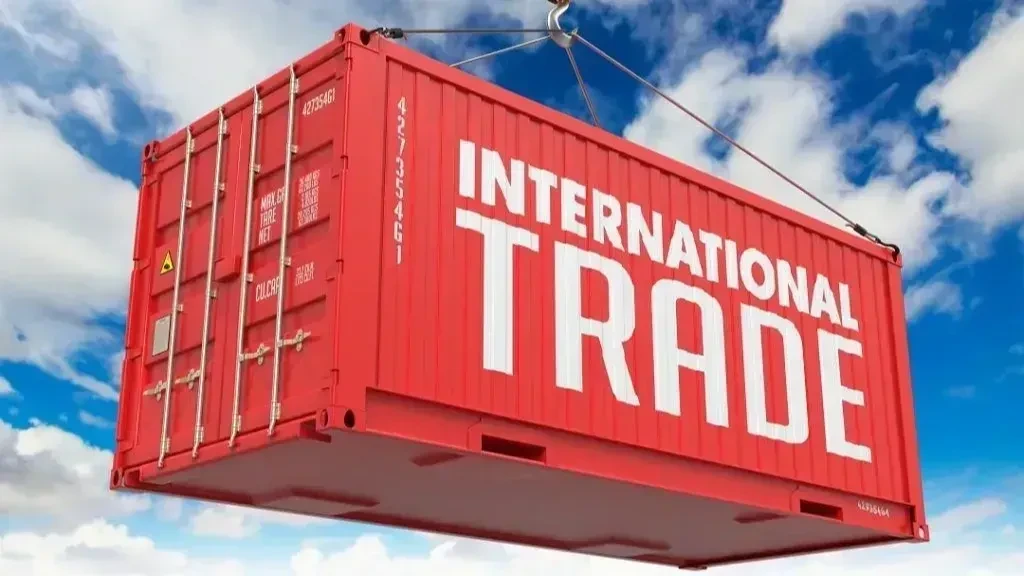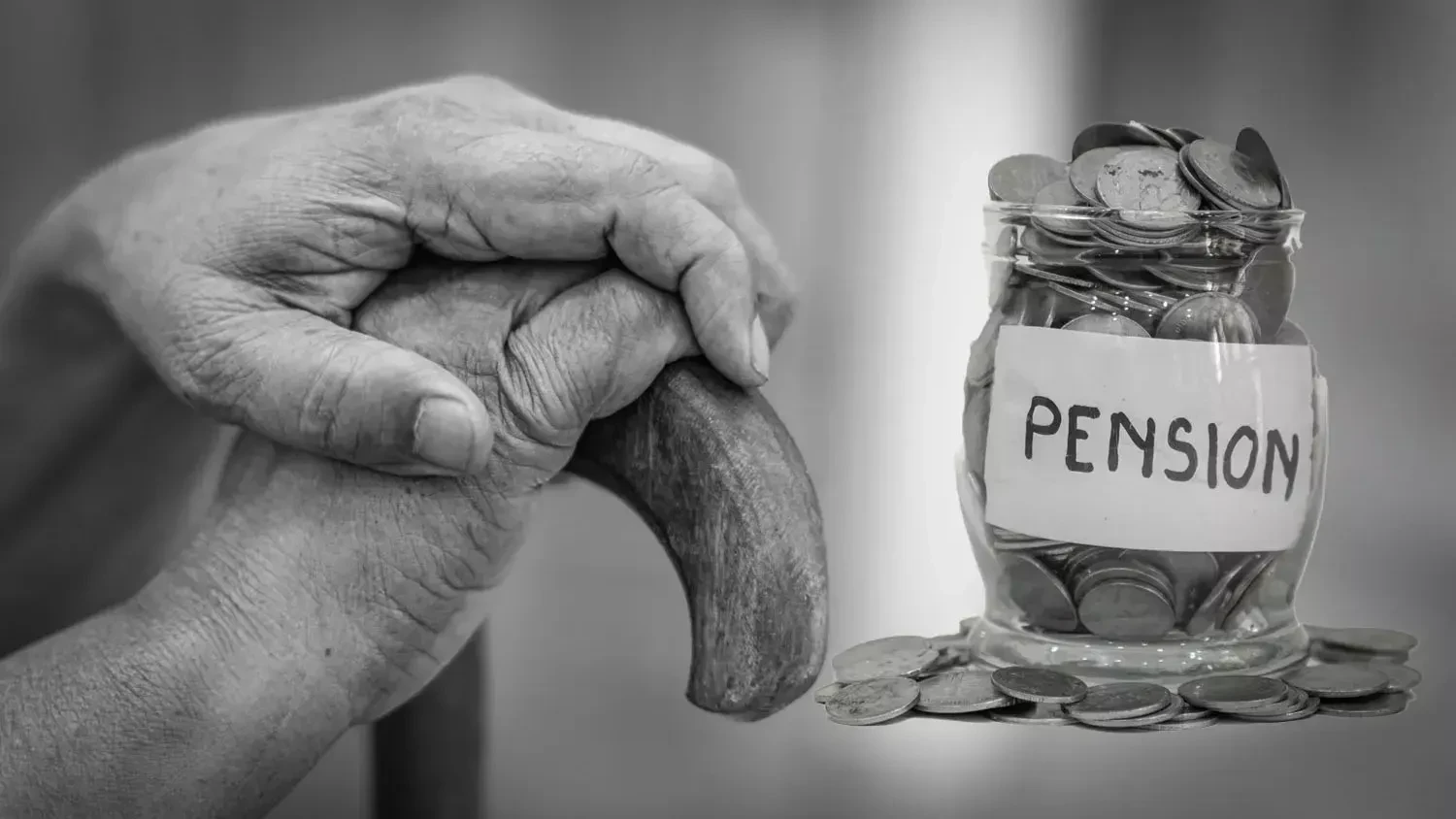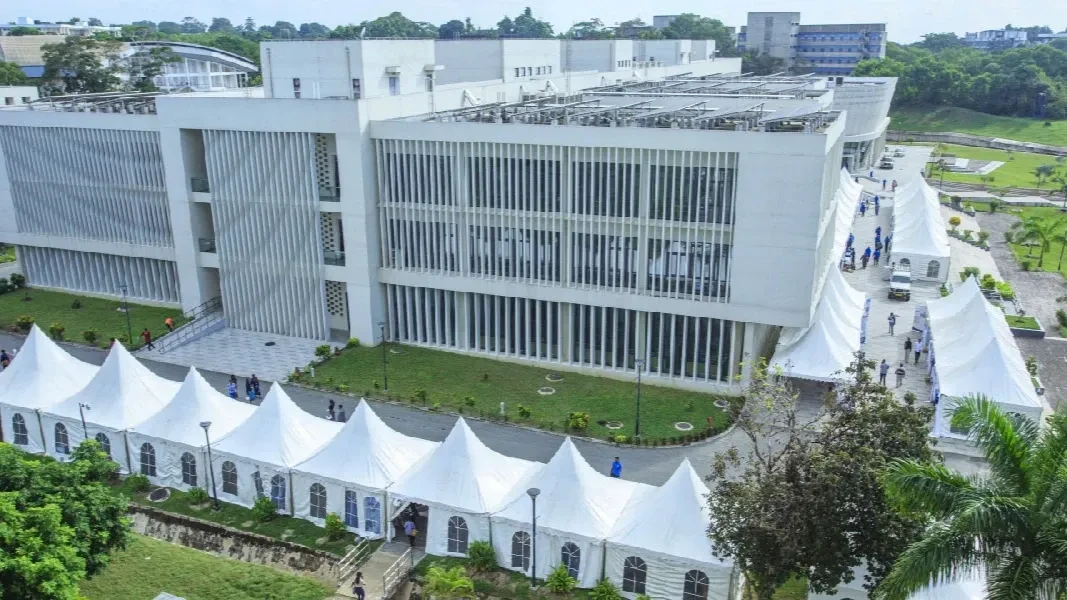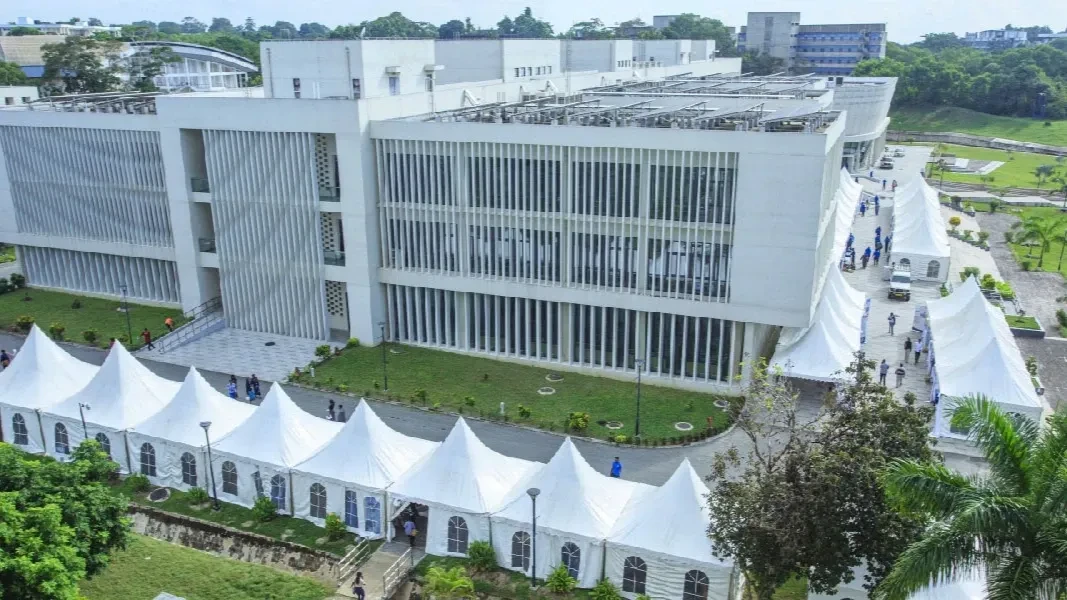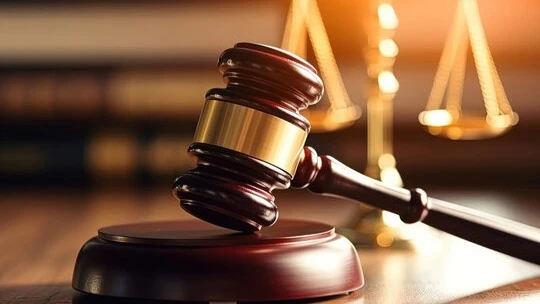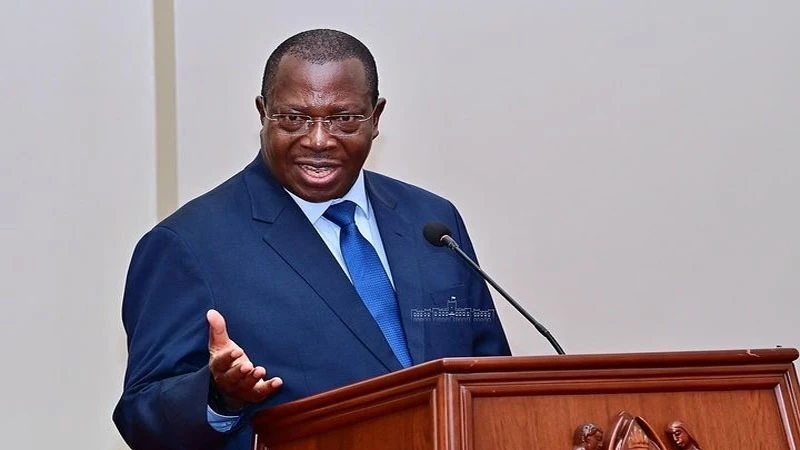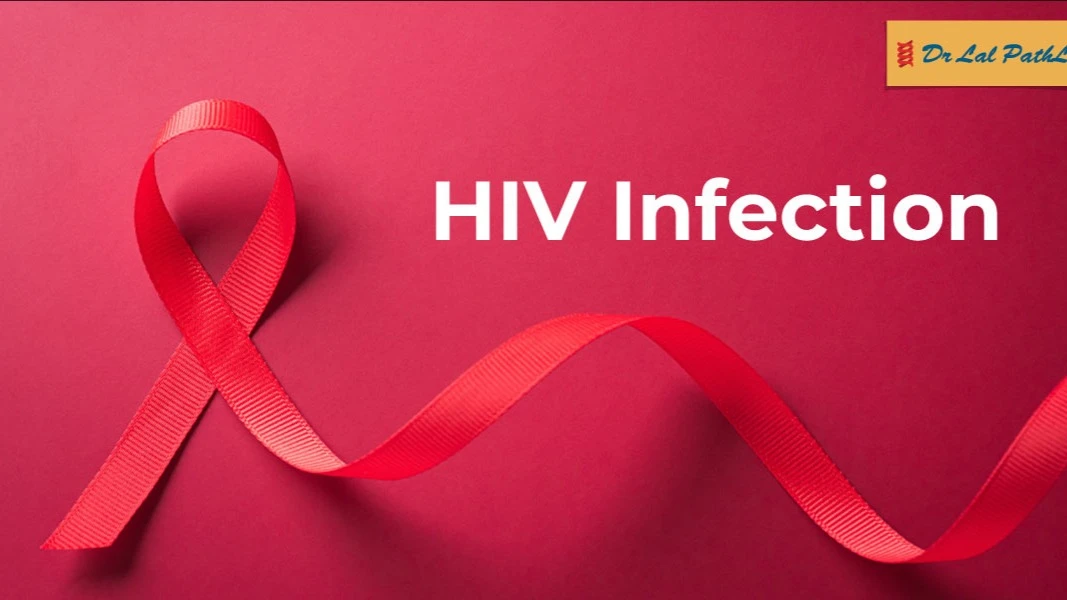LATRA, DCEA link on drug traffic an alert for follow ups

A NEW initiative is coming up in the fight against drug trafficking, with the Land Transport Regulatory Authority (LATRA) and the Drug Control and Enforcement Authority (DCEA) joining forces to combat drug trafficking. The main focus is long distance journeys or upcountry buses, assuming that the starting point is Dar es Salaam. It is unclear if the matter is a complete innovation or there are law provisions of that sort in existing legislation as it has rather unfamiliar points from ordinary usage, as it were.
It is unlikely that such provisions existed and were not being observed, for instance if auxiliary responsibility for knowledge of luggage contents was available in road traffic regulations. Such provision would meet with dispute in the legislature, as it assumes that the bus owner or crew are traffickers, or have equipment to scan luggage contents, whereas it is up to the police or drug control enforcement officers to inspect at any moment they need to. Creating an auxiliary layer of responsibility invites bribes to sort it out, whether this matter was purposely designed or it merely alludes to such potentiality.
There was a meeting between the DCEA and LATRA CEOs within the confines of the Dar es Salaam International Trade Fair (DITF), described as a partnership. The two institutions will roll out a nationwide awareness campaign targeting upcountry bus operators, as drivers and crew need to be educated on drug control law and their responsibilities under vicarious responsibility provisions. It means that one places kilos of cannabis in a clothes bag, and the bus crew are charged with knowing what is inside.
If it is dissuading traffickers from using the public transport system – which they may skip and use crop trucks, three wheelers, ferrying goods all over the place - there would be no need for a grand announcement.
What is needed is that several police officers arrive at a bus terminal with sniffer dogs, if they have reason to believe that someone will be trafficking some illegal produce. Conducting several fruitless inspections at a bus terminal, especially if that involves opening bags rather than doing so after a dog sniffs a targeted produce will frustrate passengers and crew, and frankly the police officers too.
There is hence a governance business as usual attitude depicted in the new disposition, where copious sums of money will definitely be disbursed to finance the joint initiative seeking to educate bus operators on the provisions of the DCEA Act.
Officers visiting the terminals and haranguing passengers on highway journeys when many of them are sleepy will be highlighting crew and bus owners’ responsibilities under the law. The drug enforcer said they need to fully understand that they are liable if their vehicles are used to transport illegal produce, for instance the widely cultivated cannabis leaves, khat, etc.
It is business as usual in a manner of ways, as first it pursues an objective that starts just as the legislature is disbanded so that the government will take time to start answering questions for clarification. Second, it creates a fait accompli about bus crew being also responsible for what is in a luggage, a point police officers know that it isn’t applicable in practice. Bus crew have neither the mandate nor the need to inspect luggage contents, as only the police are warranted in law to interfere with privacy, in the public interest.
Top Headlines
© 2025 IPPMEDIA.COM. ALL RIGHTS RESERVED






